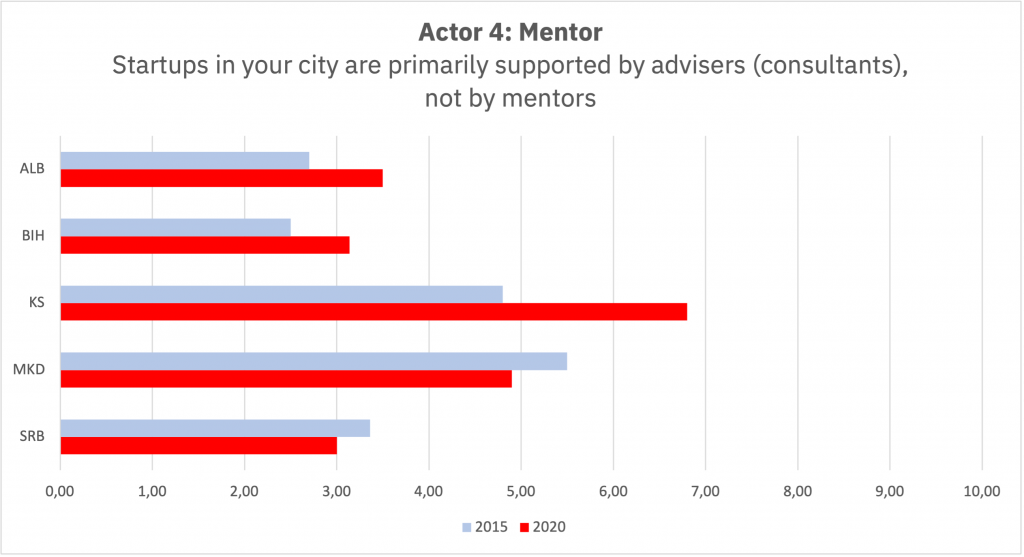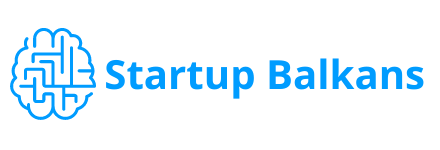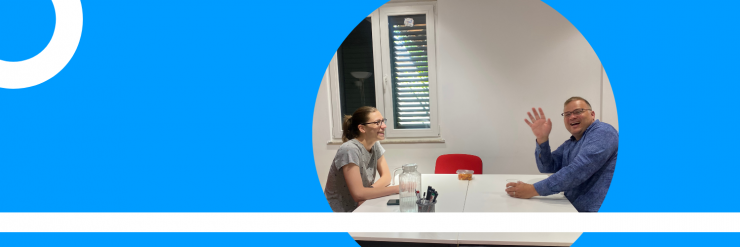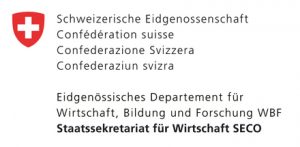Brad Feld goes out of his way in his most recent book, as he did in the “Startup Communities” book, to clarify the difference between a mentor and an adviser, and why the availability of the former is absolutely crucial for a startup community even to exist. According to Feld, a mentor is an experienced entrepreneur who gives back to the next generation of entrepreneurs voluntarily. In other words, a mentor is not paid. On the other hand, an adviser expects that a ‘transactional relationship, most often involving a fee, is agreed upon beforehand’. This does not mean mentors operate only because of a good heart. Depending on how the mentee-mentor relationship evolves, the mentor may become an investor and/or paid adviser.
On the topic of mentors vs. advisers, we asked our interviewees how accurate they found the following statement “Startups in your city are primarily supported by advisers (consultants), not by mentors.”
The interviewees held different opinions. In three countries, Albania, Bosnia & Herzegovina and Serbia, the interviewees did not find the statement accurate, meaning they believed startups were no longer supported primarily by advisers (consultants). In Kosovo and North Macedonia, most interviewees stated that the support to startup space is still dominated by advisers (consultants), which hints at a shortage of active mentors in the ecosystem. The overall trend in the region is negative, meaning consultants are edging out mentors in 4 out of 5 countries. Only in Serbia, the interviewees confirmed that startups were indeed primarily supported by mentors, not consultants (advisers).

The ecosystems in the Western Balkans are relatively young, and entrepreneurs need both mentors and advisers depending on where they are in their development. Idea-stage entrepreneurs, for example, need basic business knowledge and theories, which generalists can supply, while scaling startups need something very different. Therefore, they need access to successful entrepreneurs – mentors with specialized knowledge, practical experiences and international networks of competence and resources (customers and investors).
The key challenge is not to identify entrepreneurs internationally and convince them to support startups in the Balkans against a cost neutral arrangement, but to identify and nurture a generation of local mentors. To convince successful entrepreneurs in the local context to adapt the concept of “Give Back First” and draw satisfaction out of helping others without any immediate financial compensation. This is mindset change at its best, and it’s transformational.
Again, a healthy ecosystem means startups have access to both mentors and advisers. Also, an ecosystem completely driven by public money, that funds the advisers (consultants) and generalists, may still do a good job in raising awareness for entrepreneurship and training idea-stage startups. But that is as far as it goes. To succeed beyond this point, beyond the incubation program, for example, the startups must have access to quality and committed mentors. Relying forever on international mentors is not financially viable.
This is where successful entrepreneurs (and the Balkan countries are full of them) must step up and start volunteering their time (1-2 hours per month) to help the next generation of entrepreneurs. If they don’t step up and volunteer their time, oh well, startup development will be slow at best, or, in a worst-case scenario, very few new entrepreneurs will survive past the comfort of public-funded programs and grant scheme initiatives.




